In today’s digital landscape, the consequences of non-compliance in IT security are severe and far-reaching. Organisations that fail to meet established security standards not only risk financial penalties but also expose themselves to legal, reputational, and operational risks. This blog highlights the potential fallout from non-compliance and offers actionable tips for staying compliant, concluding with how 4th Platform can support your compliance and IT security management needs.
The Consequences of Non-Compliance
Financial Penalties
Non-compliance can lead to substantial fines from regulatory bodies. For example, under GDPR, organisations can face penalties of up to £17.5 million or 4% of their annual global turnover—whichever is higher. Similarly, failing to meet the requirements of frameworks like HIPAA, PCI DSS, or CCPA can result in hefty financial sanctions.
Legal Repercussions
Non-compliance increases the likelihood of legal actions, including lawsuits from clients or stakeholders. For instance, a data breach resulting from inadequate security measures can lead to class-action lawsuits, adding significant legal expenses to the already high cost of non-compliance.
Reputational Damage
A single compliance failure can tarnish your organisation’s reputation, leading to loss of customer trust and business opportunities. In an era where consumers value data privacy and security, maintaining compliance is crucial to preserving brand loyalty.
Operational Disruptions
Regulatory audits, investigations, and the implementation of corrective actions can disrupt daily operations. Non-compliance may also necessitate costly overhauls of IT systems and processes, impacting business continuity.
Tips to Avoid Non-Compliance Risks
-
Understand Applicable Regulations: Ensure your organisation is aware of all relevant IT security regulations, including GDPR, CCPA, HIPAA, and others applicable to your industry and region.
-
Conduct Regular Audits: Regularly assess your IT systems and processes to identify vulnerabilities and compliance gaps. Proactive audits can help you address issues before they escalate.
-
Invest in Employee Training: Employees are often the weakest link in IT security. Provide ongoing training to ensure staff understand compliance requirements and best practices.
-
Implement Robust Security Measures: Deploy advanced security solutions, such as firewalls, encryption, and intrusion detection systems, to protect sensitive data and systems.
-
Maintain Comprehensive Documentation: Keep detailed records of your compliance efforts, including policies, training logs, and audit results, to demonstrate adherence during inspections or audits.
-
Partner with Experts: Collaborate with IT security specialists who can provide guidance and support tailored to your organisation’s needs.
How 4th Platform Can Help
At 4th Platform, we specialise in IT security management and compliance solutions, ensuring your organisation meets the highest security standards. Our services include:
- Comprehensive Compliance Assessments: We identify gaps in your current IT security posture and recommend actionable steps to achieve compliance.
- Customised Security Solutions: From endpoint protection to advanced threat detection, we offer tailored solutions to safeguard your systems and data.
- Ongoing Monitoring and Support: Our team provides 24/7 monitoring and support, ensuring your IT environment remains secure and compliant.
- Employee Training and Awareness Programmes: Equip your workforce with the knowledge and tools they need to maintain compliance.
Failing to comply with IT security regulations can cost your organisation more than just money. It can jeopardise your reputation, disrupt operations, and lead to costly legal battles. Don’t let non-compliance put your business at risk.
Partner with 4th Platform today to ensure your organisation’s IT security and compliance needs are met efficiently and effectively. Contact us today, to learn how we can help you stay ahead of regulatory requirements and safeguard your business.
In recent years, many CEOs have found themselves operating in survival mode. Economic uncertainty, rapid technological change, talent challenges and shifting customer expectations have created a
Cybersecurity is no longer just an IT issue, in 2026, it’s a core business risk. For UK organisations of all sizes, cyber threats have become more frequent, more
Artificial Intelligence has rapidly moved from being a futuristic concept to becoming one of the most influential forces shaping modern business. Almost every sector is now
Winning more business is no longer just about a better pitch. It is about how easy you are to work with, how quickly you
Digital transformation has been one of the most overused business terms of the last decade. Yet for all the talk, many organisations still struggle
For many organisations, achieving Cyber Essentials marks a valuable milestone. It protects against the most common cyber threats, reassures clients and insurers, and establishes
The unseen side of the internet Most business leaders are familiar with the internet they use every day: websites, emails, social platforms, and cloud
The IT Gap: When “Good Enough” Isn’t Enough Many small and medium-sized businesses rely on traditional IT support to keep things running. It’s a
4th Platform Partners with WatchGuard to Deliver FireCloud: Stronger Security, Less Effort Protect every worker, everywhere 4th Platform has partnered with WatchGuard to bring
The recent cloud outage at AWS, which caused downtime, data unavailability and shaken confidence, is a timely wake-up call for organisations of every size.


















